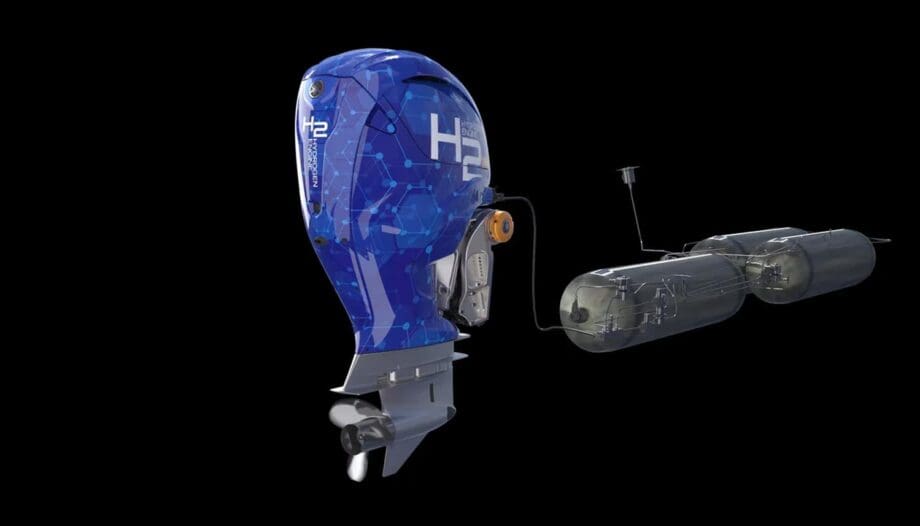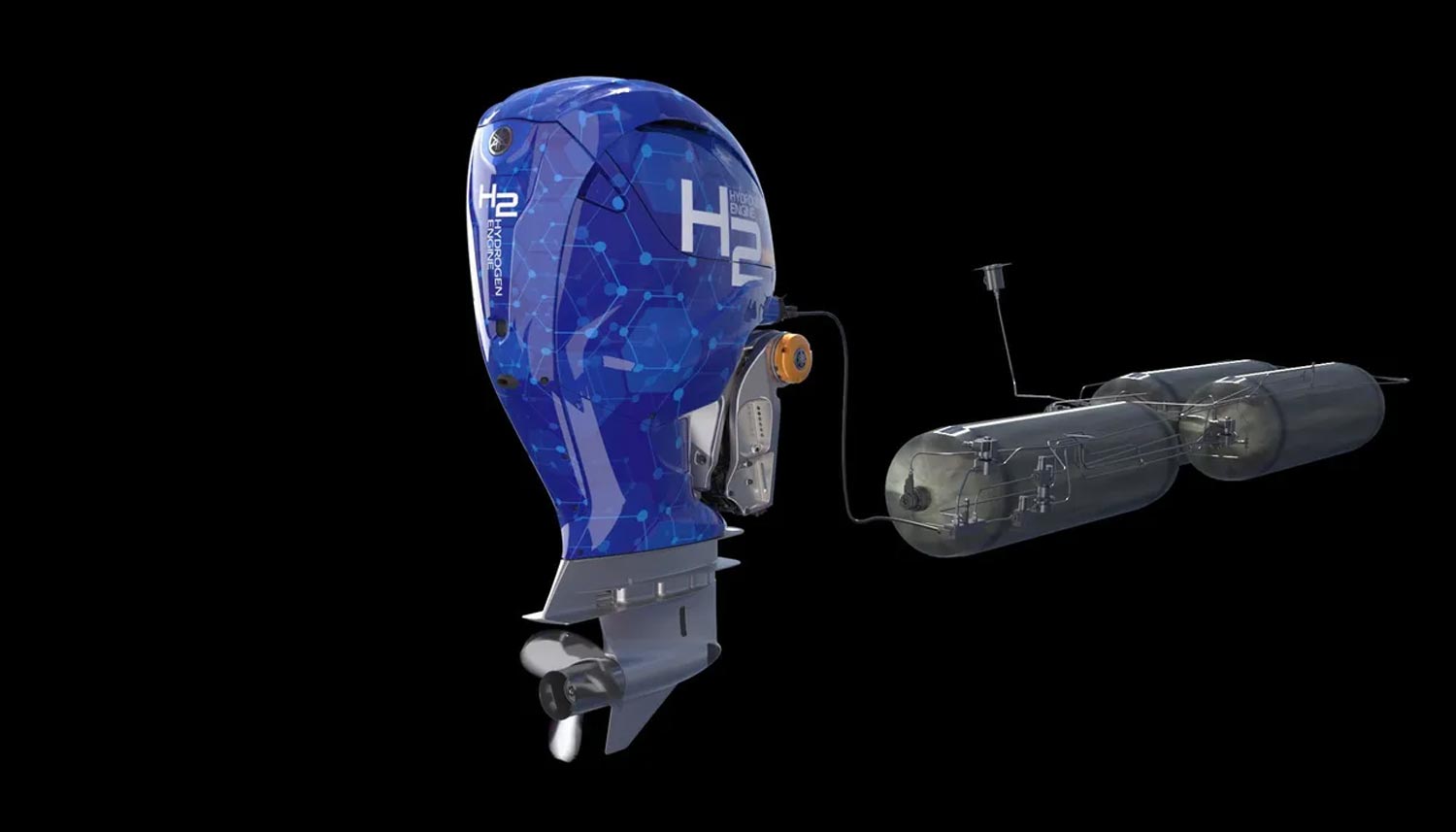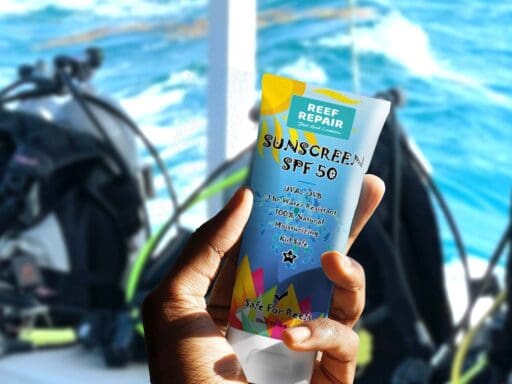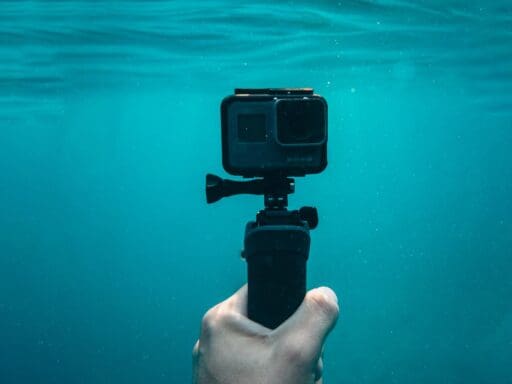The introduction of the hydrogen powered outboard engine prototype marks a significant advancement in eco-friendly boating technology, with potential implications for the scuba diving industry as well.
By harnessing the power of hydrogen, Yamaha Motor Corporation, in collaboration with Roush and Regulator Marine, aims to revolutionize the marine sector, offering boat owners a cleaner and more efficient alternative to traditional fossil fuel engines.
This innovative propulsion system not only promises benefits for recreational boaters but also holds potential advantages for the scuba diving industry. As we know, many dive operations rely on boats for transportation to and from dive sites, and the shift towards hydrogen-powered outboards could lead to a reduction in carbon emissions associated with these activities. This in turn with align with the sustainability goals of many diving operators who strive to minimize their environmental impact on marine ecosystems.
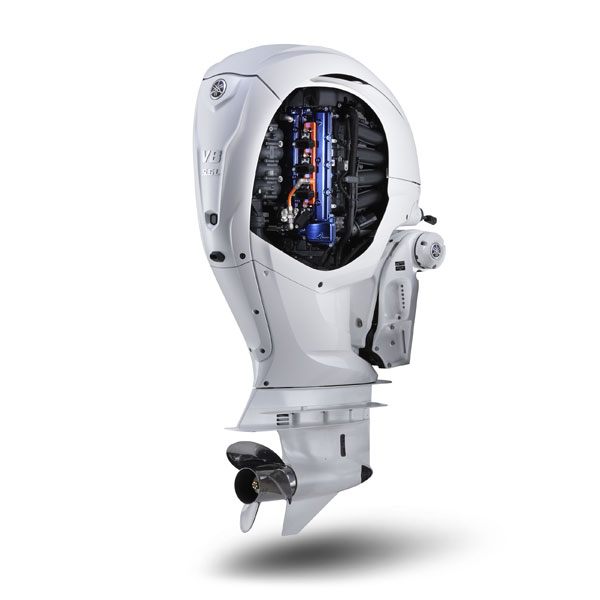
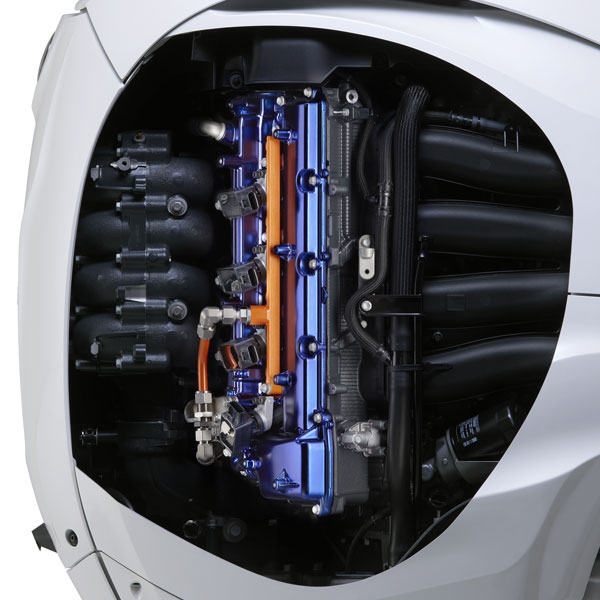
Furthermore, the collaboration between Yamaha, Roush, and Regulator Marine underscores a commitment to innovation and sustainability that resonates across industries. As the technology matures and becomes more widely adopted, it could inspire similar advancements in other, bigger marine equipment used by the scuba diving community, such as larger dive vessels.

With Yamaha’s plans to commence on-water testing this summer, the scuba diving industry will be watching closely to see how this new propulsion technology performs in real-world conditions. If successful, the hydrogen-powered outboard could become a game-changer for both recreational boating and the broader marine industry, including those involved in underwater exploration and conservation efforts.
